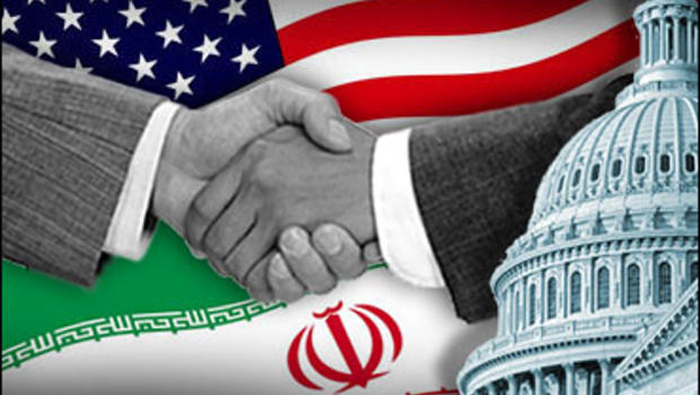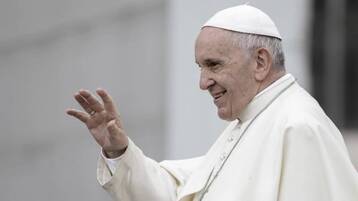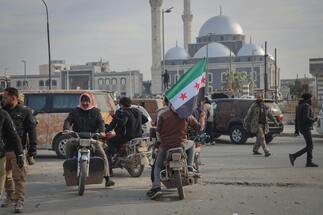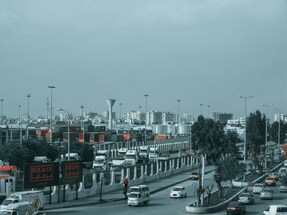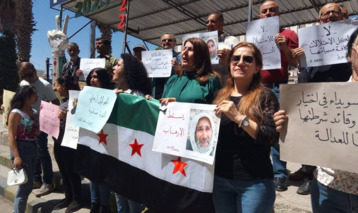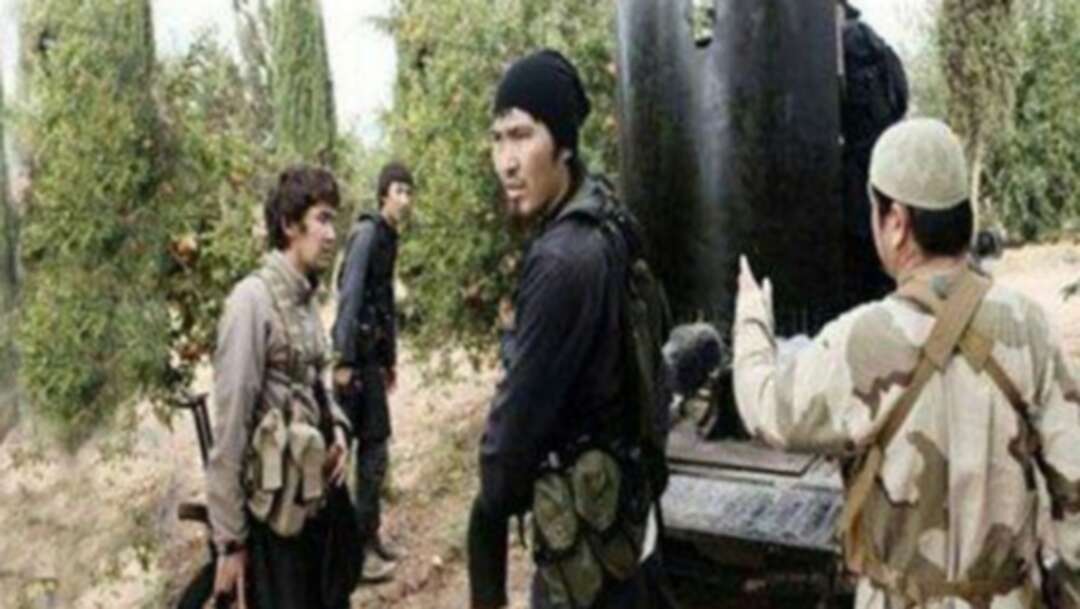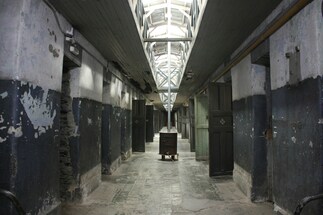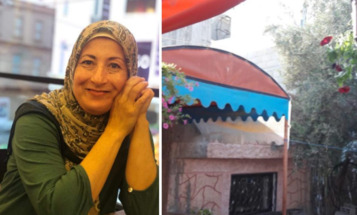-
Russia's partial mobilisation is complete, Defence Minister says
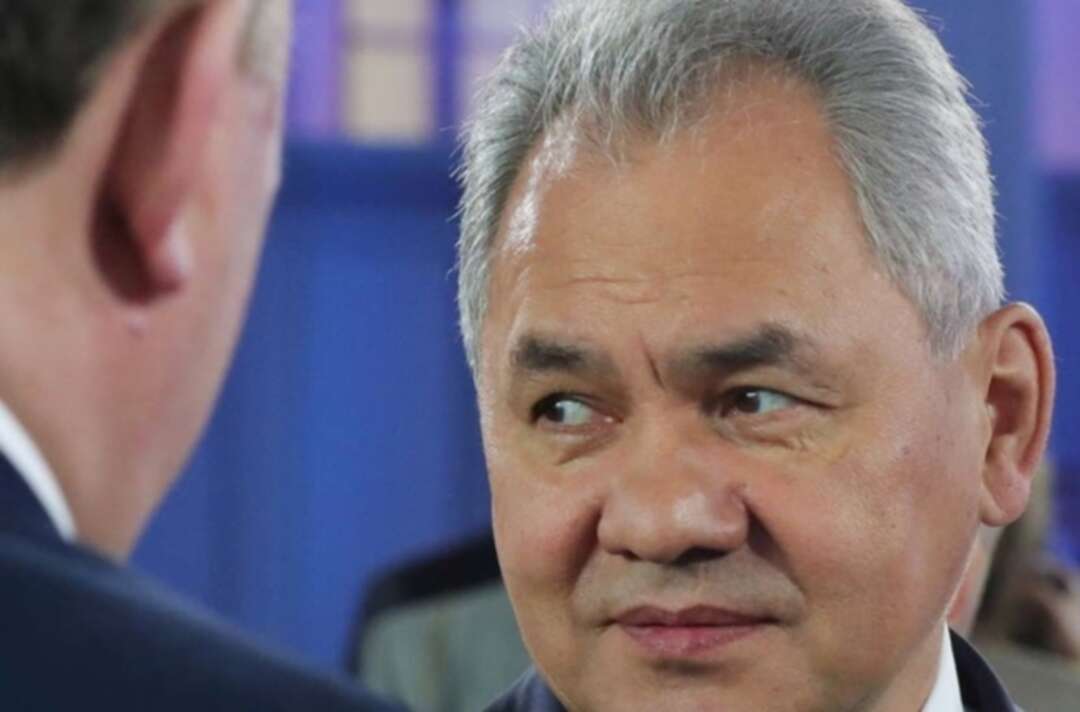
Russian Defence Minister Sergei Shoigu on Friday (Oct 28) said that the "partial mobilisation" of 300,000 reservists to fight in Ukraine that Russia announced in September was complete.
Putin declared a "partial mobilisation" of 300,000 reservists on Sept. 21, after a series of military defeats saw Russian forces routed from east Ukraine's Kharkiv region and under increasing pressure in the southern Kherson region.
Speaking at a meeting with Russian President Vladimir Putin broadcast on state television, Shoigu told Putin: "The task set by you of (mobilising) 300,000 people has been completed. No further measures are planned."
Shoigu said that of the 300,000 mobilised recruits, 218,000 remained in training, while 82,000 had been deployed to the conflict zone, of which 41,000 were had been assigned to their units.
He said that in future, recruitment for the Ukraine campaign would be based on volunteers and professional soldiers, rather than mobilising more of Russia's several million reservists.
Ukrainian President Volodymyr Zelenskiy on Friday (Oct 28) expressed doubt over Russia's declaration that its partial mobilisation was over, saying the poor performance of pro-Moscow forces meant more men could be needed.
"We have reports the enemy has completed its mobilisation, as if there is no longer a need to send new waves of Russian citizens to the front. We feel very differently on the front lines," Zelenskiy said in a video address.
"Even though Russia is trying to increase the pressure on our positions by using conscripts, they are so poorly prepared and equipped, so brutally used by their command, that it allows us to presume that very soon Russia may need a new wave of people to send to the war."
Russia excludes some IT professionals, bankers and journalists from mobilisation
The "partial mobilisation" touched off an exodus of military age men from Russia, with tens of thousands heading for countries including Georgia, Armenia and Kazakhstan, which allow Russians to enter without visas.
Over 2,000 people arrested at anti-mobilisation protests across Russia. There was public outcry over cases of men being mobilised despite medical exemptions, or a lack of military experience.
Responding to Shoigu, Putin acknowledged problems with mobilisation, saying that they were "inevitable", and said that it was necessary to make "corrections" to the development of Russia's armed forces.
levantnews-reuters
You May Also Like
Popular Posts
Caricature
BENEFIT Sponsors Gulf Uni...
- April 17, 2025
BENEFIT, the Kingdom’s innovator and leading company in Fintech and electronic financial transactions service, has announced its sponsorship of the “Innovation and Sustainable Technology Solutions Competition (GU - IST Solutions), hosted by Gulf University at its main campus.
This strategic sponsorship reflects BENEFIT’s active role in advancing technological innovation and fostering sustainable solutions to future challenges. It also seeks to empower Bahraini youth by enhancing their skills, capabilities, and competitiveness in innovation and solution development—contributing meaningfully to the broader goals of sustainable development across all sectors.
As part of BENEFIT’s active involvement in the competition, the company has announced that Hanan Abdulla Hasan, Senior Manager of Public Relations and Communication, will serve on the competition’s supervisory committee. Her upcoming participation reflects BENEFIT’s forward-looking commitment to championing academic and professional excellence.
Commenting on the occasion, Hanan Abdulla Hasan, Senior Manager of Public Relations and Communication at BENEFIT, said, “We are privileged to support this pioneering initiative, which aligns seamlessly with BENEFIT’s enduring commitment to fostering innovation and nurturing the potential of Bahrain’s youth. Our participation is rooted in a deep sense of social responsibility and a firm belief in the pivotal role of innovation in shaping a sustainable future. Through such platforms, we seek to empower the next generation with the knowledge, skills, and foresight required to develop impactful solutions that address future challenges, in line with the United Nations Sustainable Development Goals 2030.”
Dr. Aseel Al Ayash Dean of the College of Engineering in Gulf University commented, “We extend our sincere gratitude to BENEFIT for their generous sponsorship and support of the Innovation and Sustainable Technology Solutions Competition. This contribution plays an instrumental role in helping us achieve the strategic goals of this initiative, namely, cultivating a culture of innovation and sustainability, encouraging efforts that address the imperatives of sustainable development, and enhancing the practical and professional capabilities of our students and participants.”
The event will bring together a diverse spectrum of participants, including secondary school students, university undergraduates, engineers, industry professionals, entrepreneurs, academic researchers, and subject matter experts representing a wide range of disciplines.
The competition seeks to inspire participants to develop and present innovative, sustainable technologies aimed at addressing pressing environmental, social, and economic challenges. It encourages the formulation of business models that integrate advanced technological solutions with core principles of sustainability. Moreover, it serves as a platform for emerging leaders, entrepreneurs, and innovators to contribute to the advancement of the Sustainable Development Goals, promote the ethos of responsible technology, and demonstrate its transformative potential across various sectors.
Attendees will have the opportunity to view a series of project presentations submitted by participants, covering diverse areas such as eco-friendly product design, smart and sustainable innovations, renewable energy technologies, water conservation and management, waste minimisation and recycling, green architectural solutions, and sustainable transportation systems. Outstanding projects will be formally recognised and awarded at the conclusion of the event.
opinion
Report
ads
Newsletter
Subscribe to our mailing list to get the new updates!

